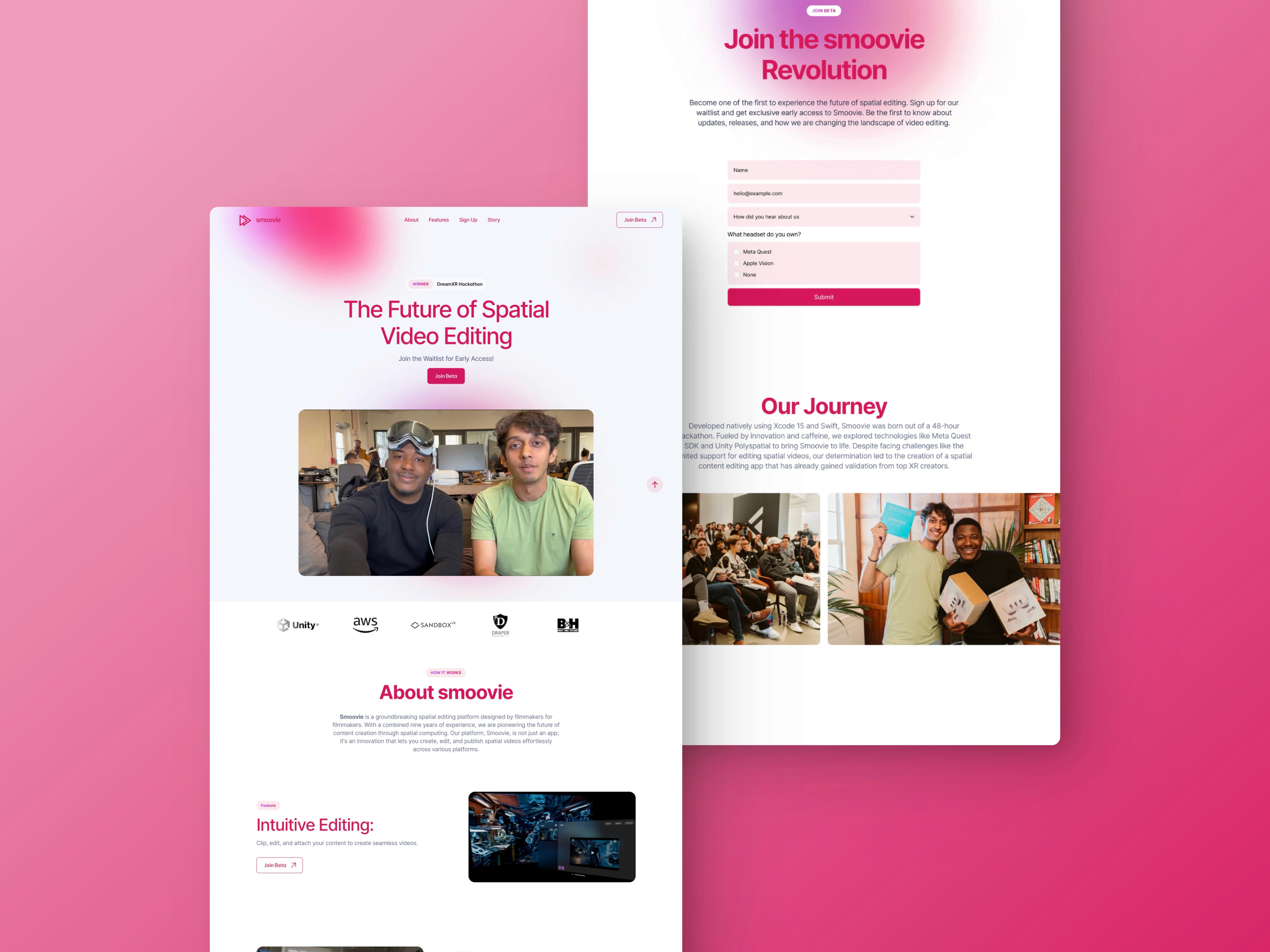Back to blog
"Revolutionizing Travel Experiences: The Rise of AI Receptionists in Travel Agencies"
Advantages of AI Receptionists in Travel Agencies
AI receptionists in travel agencies have transformed the way travelers interact with trip planning and booking processes. These AI-powered virtual assistants not only provide real-time information and personalized recommendations but also cater to diverse customer needs, greatly enhancing the overall travel experience. With the ability to assess customer preferences, interests, and requirements, AI receptionists can offer customized suggestions, thereby minimizing the need for human agents in processes such as answering frequently asked questions. This not only enhances the customer experience but also increases the efficiency of the travel agency.
The integration of AI receptionists in travel agencies has numerous benefits. For instance, AI receptionists can handle multiple customer inquiries simultaneously, reducing wait times and improving response rates. Additionally, AI receptionists can provide 24/7 support, allowing travelers to access information and book trips at any time. This level of accessibility and responsiveness can significantly enhance the customer experience, leading to increased customer satisfaction and loyalty. Moreover, AI receptionists can help travel agencies to reduce costs associated with human labor, training, and infrastructure, making them a cost-effective solution for agencies of all sizes.
Key Benefits of AI Receptionists
Personalized recommendations and real-time information
24/7 support and multilingual capabilities
Increased efficiency and reduced wait times
Cost-effective solution for travel agencies
Enhanced customer experience and satisfaction
Furthermore, AI receptionists can help travel agencies to stay competitive in a rapidly evolving market. With the rise of online travel agencies and booking platforms, traditional travel agencies must adapt to remain relevant. By integrating AI receptionists, travel agencies can offer a unique and personalized experience that sets them apart from their competitors. This can be achieved through the use of machine learning algorithms that enable AI receptionists to learn from customer interactions and tailor their responses accordingly.
Enhancing Customer Experience through Personalized Recommendations
AI receptionists can deliver real-time updates on travel requirements, offering travelers the opportunity to choose the best-suited accommodations, activities, and meals, thereby streamlining the trip-planning process and allowing them to create unique experiences that they're excited to share with friends and family. The ability of AI receptionists to provide personalized recommendations is a key factor in enhancing the customer experience. By analyzing customer preferences and behavior, AI receptionists can suggest destinations, activities, and accommodations that are tailored to their individual needs and interests.
For example, an AI receptionist can suggest a hotel that is located in a specific neighborhood, has a certain rating, and offers amenities such as free Wi-Fi and breakfast. This level of personalization can significantly enhance the customer experience, as travelers feel that their needs and preferences are being taken into account. Moreover, AI receptionists can provide real-time updates on travel requirements, such as visa requirements, health and safety guidelines, and travel restrictions, ensuring that travelers are well-prepared for their trip.
How AI Receptionists Provide Personalized Recommendations
Analyzing customer preferences and behavior
Using machine learning algorithms to identify patterns and trends
Providing real-time updates on travel requirements
Offering tailored suggestions for destinations, activities, and accommodations
Enabling travelers to create unique and personalized experiences
In addition to providing personalized recommendations, AI receptionists can also help travel agencies to upsell and cross-sell their products and services. By analyzing customer behavior and preferences, AI receptionists can identify opportunities to offer additional services, such as travel insurance, tour packages, and activity bookings. This can not only increase revenue for the travel agency but also enhance the customer experience, as travelers can access a range of services and products that are tailored to their needs and interests.
How AI Receptionists Use Machine Learning for Trip Planning
AI-powered machine learning algorithms enable AI receptionists to identify hidden patterns and potential obstacles that may prevent a smooth travel experience and quickly suggest viable alternatives to significantly lower the possibility of travelers encountering unforeseen issues and disputes. The use of machine learning algorithms is a key factor in the ability of AI receptionists to provide personalized recommendations and real-time information. By analyzing large datasets and identifying patterns and trends, AI receptionists can learn from customer interactions and adapt their responses accordingly.
For instance, an AI receptionist can use machine learning algorithms to analyze customer behavior and preferences, such as their search history, booking history, and feedback. This information can be used to provide personalized recommendations and suggestions, such as destinations, activities, and accommodations that are tailored to their individual needs and interests. Moreover, AI receptionists can use machine learning algorithms to identify potential obstacles and challenges that may arise during the trip, such as flight delays, cancellations, and travel restrictions.
Machine Learning Algorithms Used by AI Receptionists
Supervised learning algorithms for analyzing customer behavior and preferences
Unsupervised learning algorithms for identifying patterns and trends
Reinforcement learning algorithms for adapting to customer interactions and feedback
Deep learning algorithms for analyzing large datasets and providing personalized recommendations
Natural language processing algorithms for understanding customer queries and providing real-time information
In addition to providing personalized recommendations and real-time information, AI receptionists can also help travel agencies to improve their operations and efficiency. By analyzing customer behavior and preferences, AI receptionists can identify areas for improvement, such as reducing wait times, improving response rates, and enhancing the overall customer experience. Moreover, AI receptionists can help travel agencies to reduce costs associated with human labor, training, and infrastructure, making them a cost-effective solution for agencies of all sizes.
Boosting Efficiency with AI-Powered Booking Systems
AI receptionists in travel agencies can automate manual tasks such as processing payments, reducing errors, and decreasing human labor costs by significantly streamlining the overall booking process, ultimately enabling travel agencies to stay scalable and reduce employee demands. The integration of AI receptionists with booking systems can significantly enhance the efficiency of travel agencies. By automating manual tasks, AI receptionists can reduce the workload of human agents, allowing them to focus on more complex and high-value tasks.
For example, an AI receptionist can automate the process of booking flights, hotels, and activities, reducing the need for human intervention and minimizing the risk of errors. Moreover, AI receptionists can provide real-time updates on availability, prices, and promotions, enabling travelers to make informed decisions and book their trips quickly and efficiently. This level of automation and efficiency can significantly enhance the customer experience, as travelers can access a range of services and products that are tailored to their needs and interests.
Benefits of AI-Powered Booking Systems
Automation of manual tasks and reduction of errors
Real-time updates on availability, prices, and promotions
Enhanced customer experience and satisfaction
Increased efficiency and scalability for travel agencies
Reduced labor costs and improved productivity
In addition to providing personalized recommendations and real-time information, AI receptionists can also help travel agencies to improve their customer engagement and retention. By analyzing customer behavior and preferences, AI receptionists can identify opportunities to offer additional services and products, such as travel insurance, tour packages, and activity bookings. This can not only increase revenue for the travel agency but also enhance the customer experience, as travelers can access a range of services and products that are tailored to their needs and interests.
Future of Travel Industry: Leveraging AI for Enhanced Customer Experience
Incorporating AI receptionists into your travel agency will provide a cutting-edge opportunity to set a company apart from competitors. This entails creating platforms that are particularly easy to use, personalized, and accommodating, helping you appeal to an entirely diverse global customer base. The future of the travel industry is likely to be shaped by technological advancements, such as AI, machine learning, and natural language processing. By leveraging these technologies, travel agencies can create personalized and immersive experiences that cater to the diverse needs and preferences of travelers.
For instance, an AI receptionist can provide real-time information and personalized recommendations, such as destinations, activities, and accommodations that are tailored to the individual needs and interests of travelers. Moreover, AI receptionists can help travel agencies to improve their operations and efficiency, by automating manual tasks, reducing errors, and decreasing human labor costs. This can significantly enhance the customer experience, as travelers can access a range of services and products that are tailored to their needs and interests.
Key Trends in the Future of Travel Industry
Personalization and customization of travel experiences
Use of AI and machine learning for real-time information and recommendations
Virtual and augmented reality experiences for immersive travel planning
Sustainable and eco-friendly travel options and practices
Increased focus on customer experience and satisfaction
In conclusion, the integration of AI receptionists in travel agencies is a phenomenon that is poised to revolutionize the travel industry. By providing personalized recommendations, real-time information, and automated booking systems, AI receptionists can significantly enhance the customer experience, improve operational efficiency, and increase revenue for travel agencies. As the travel industry continues to evolve, it is likely that AI receptionists will play an increasingly important role in shaping the future of travel.


